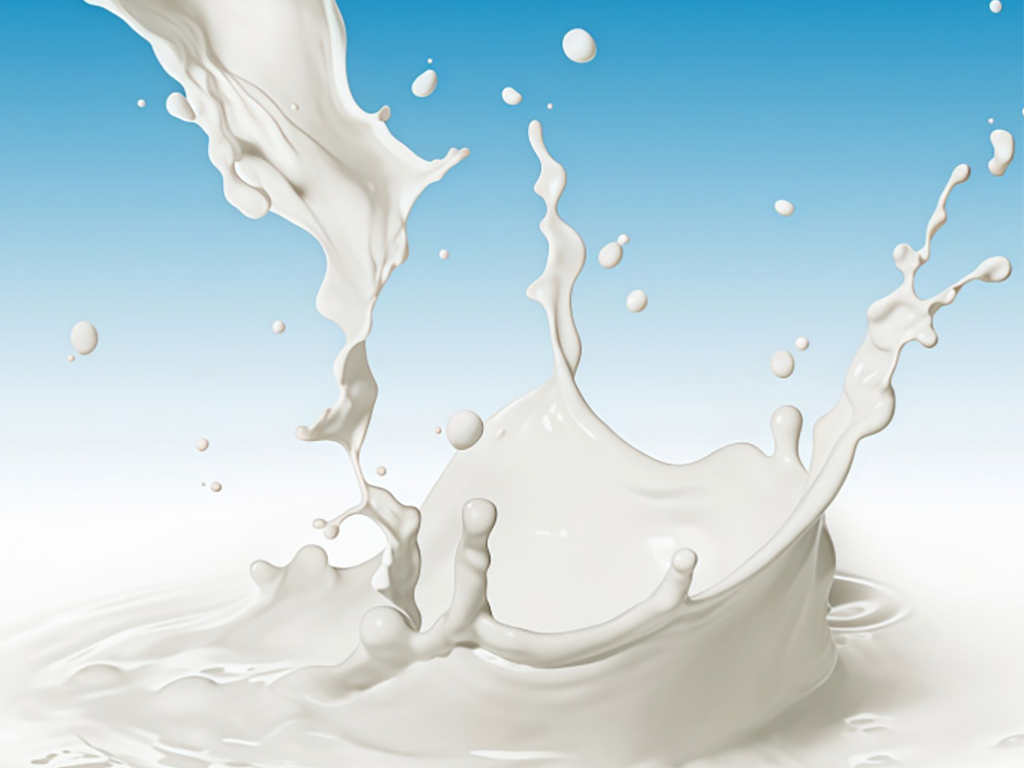Octyl acrylate types are categorized based on purity, formulation, and intended use, each tailored to specific industrial applications. High-purity octyl acrylate (≥99.5%) is used in medical adhesives and high-performance coatings, where minimal impurities prevent adverse reactions or performance issues. Standard-grade octyl acrylate (99%) is widely used in general adhesives, coatings, and textiles, balancing quality and cost. Inhibited octyl acrylate contains polymerization inhibitors (e.g., hydroquinone monomethyl ether) to prevent premature curing during storage, essential for bulk handling and long-term inventory. Uninhibited grades, used for immediate polymerization, are available for specialized processes requiring rapid reaction. Bio-based octyl acrylate, derived from renewable feedstocks (e.g., plant-based octanol), caters to sustainable manufacturing needs, reducing carbon footprint in eco-friendly coatings and packaging. Modified octyl acrylate variants, such as hydroxyl-functionalized grades, enable crosslinking for enhanced chemical resistance in industrial coatings. These types, supplied by manufacturers like E Plus Chemical Co., Ltd., ensure formulators can select the optimal product for their specific application, balancing performance, cost, and sustainability.
